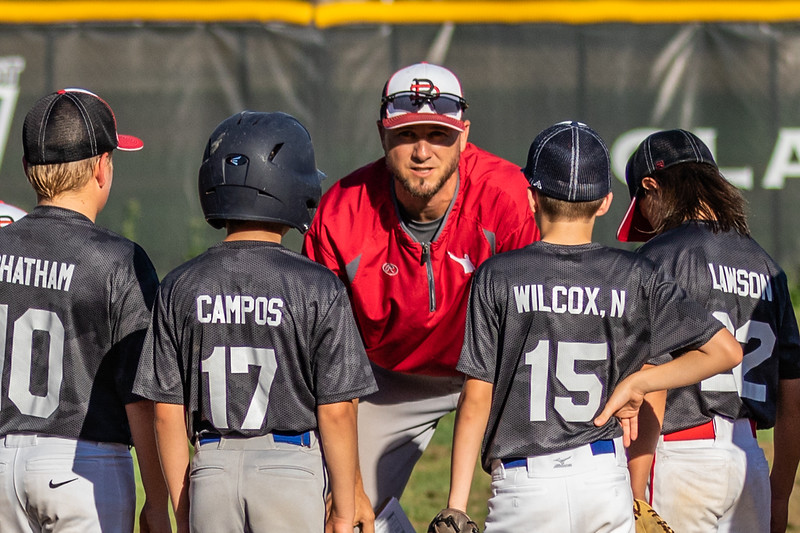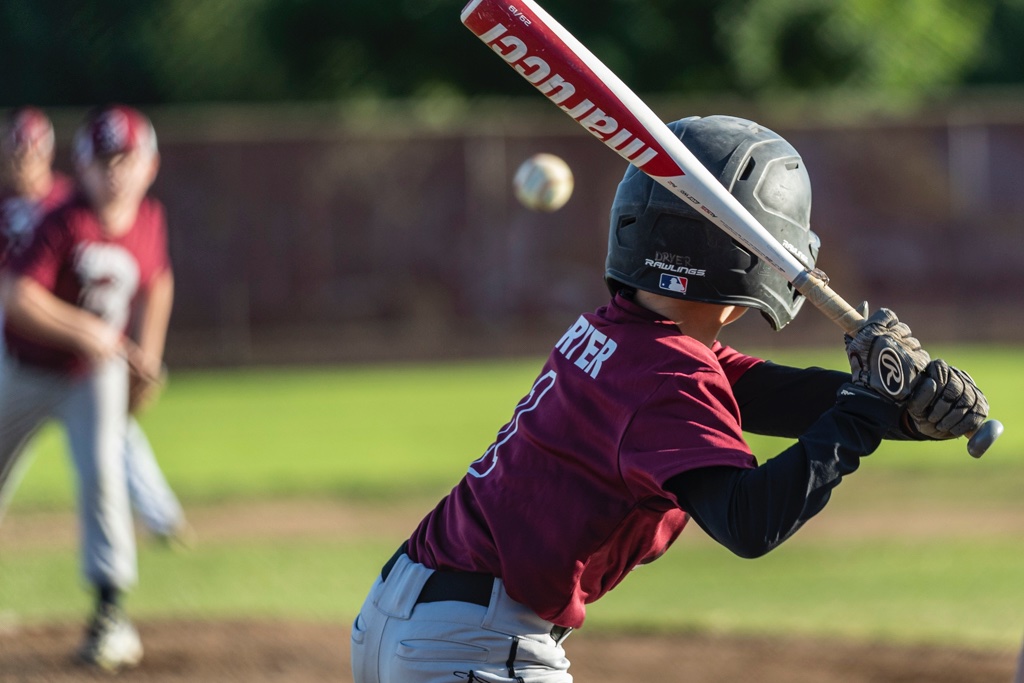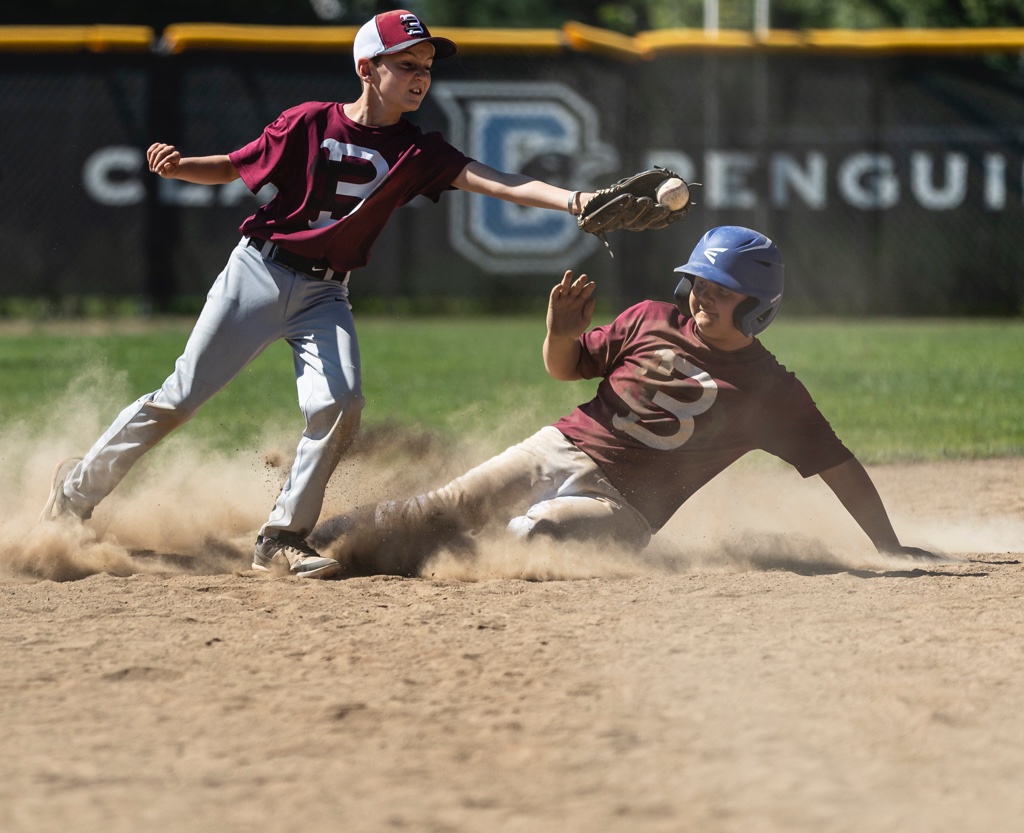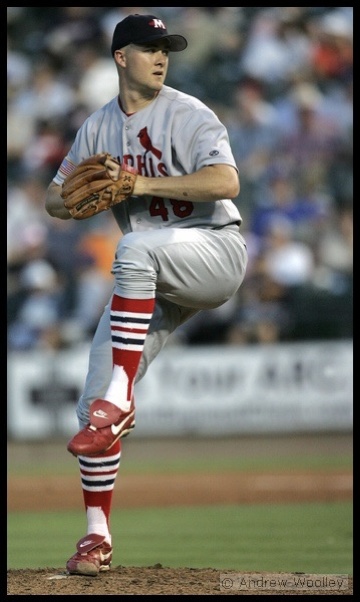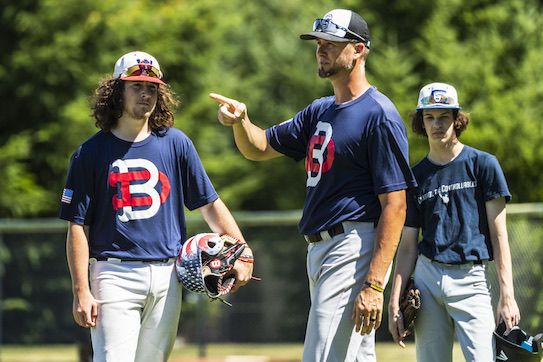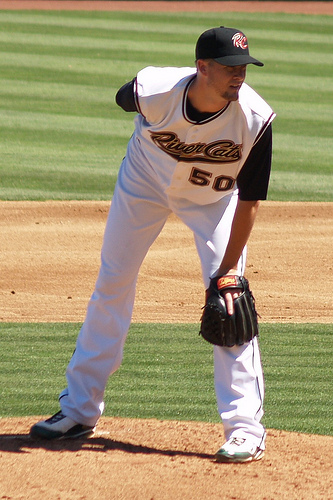 The longer you play, the older you get, the quicker and stronger you get, the more explosive your body becomes, the more sore you’re going to get and the more soreness, pain and discomfort you’ll start to experience. Truth, it’s part of it. There’s no running from it. No matter how “prepared” you are, it will happen.
The longer you play, the older you get, the quicker and stronger you get, the more explosive your body becomes, the more sore you’re going to get and the more soreness, pain and discomfort you’ll start to experience. Truth, it’s part of it. There’s no running from it. No matter how “prepared” you are, it will happen.
Since everyone is different, I’ll let others explain what they’ve experienced, but here is what I learned over the course of my life as a pitcher…
Normal Soreness:
Depending on what type of shape my arm and body was in, what amount of throwing it was conditioned and ready for, would usually determine what level of “soreness” I experienced the day after a game I pitched in and the following days.
Leading up to spring training I would generally prepare myself to be ready to pitch 30-40 pitches in a game on day one of camp. That process would usually take 8-10 weeks of a progressional throwing plan (similar to what we have on our site). Because of this progression, I usually wouldn’t experience any sort of soreness through this process of preparing for the season.
From there once we started building up pitch counts over the course of spring training, the combination of adrenaline and an increased workload from outing to outing (preparing as a starting pitcher pitching in games every 4-6 days depending on pitch count goals) I would start to experience more and more “normal soreness.”
For me it was the back in the shoulder (deltoid), lat muscle, inside of the forearm (pronator teres, not the UCL area) if I spun more breaking balls than usual, and sometimes I would experience normal soreness in my right hip area (Ilicus muscle).
Day 1, the day after a start, soreness was present, but day 2 soreness was always more, then as the next couple days went on it would dissipate pretty quickly especially doing things like strength training, band work and throwing. Using those “sore” muscles would help knock it out.
“Normal Soreness” is just that, normal soreness. Nothing to worry about and part of pushing your body.
** Important note, for the last 7-8 years of my career, I never used ice for recovery. I would use exercises like band work to help facilitate new blood to the area to help recovery.
Pain:
Sprain, strain, tendinitis, tears and breaks. In my life I’ve experienced all of these. All could take you down and out depending on the severity.
All of these you could experience in a moment (though a strain and tendinitis can be gradual). You might experience a “pop” of feel a “pinch” or for those breaks, feel a “crack.”
When they happen you’ll have that feeling of “well that’s not good!!” or “that’s not normal.” These feelings might require attention from a professional. Sometimes the fix is some rest while more severe issues require a lot more.
Again, unfortunately these are all part of being an athlete. There’s a GREAT chance every athlete will experience something like this at some point.
Mysterious or phantom:
For throwers, we will also experience mysterious or phantom pain and sensations from time to time. Twinge, muscle spasm, temporary muscle ache or temporary sharp pain. These moments can be alarming but in my experience they can seemingly disappear and you’ll feel like it never happened.
Again, we are all different and the above is what I learned in my career. Being able to listen to your body and know what means what definitely takes time. Hope this helps!
** I’m not a doctor so my terminology very well could be incorrect so please let me know if I misspoke about something. Also, years ago I wrote an article on “Dead Arm” which I’ll add to the comments for those that want to read about that topic too.
Founder of Baseball Dudes. Blessed with three beautiful children and an amazing wife. Baseball is my life, after my family, and I love sharing what I have learned from it. Thanks for taking the time to view what we offer here at Baseball Dudes.
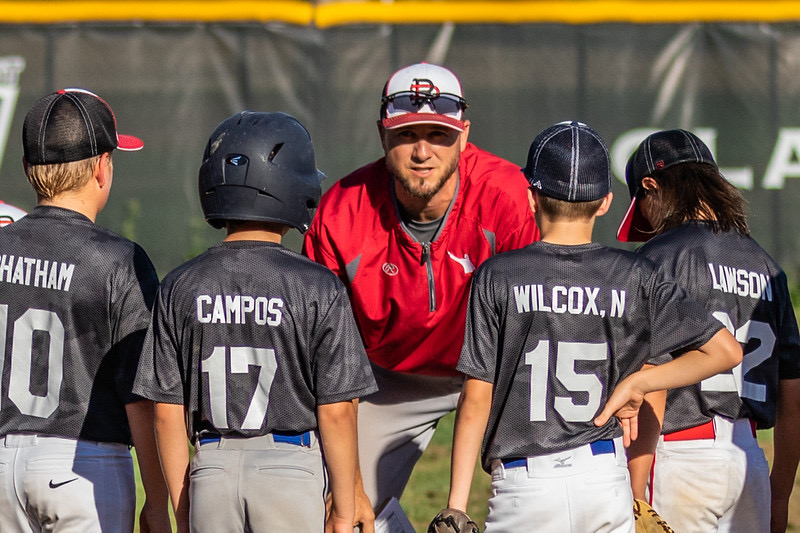 Player Development 101
Player Development 101
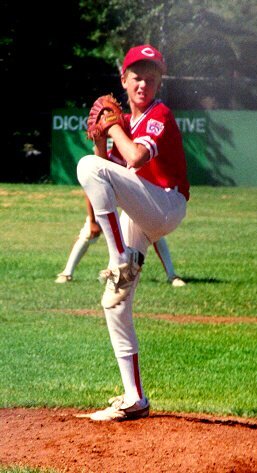 The most IMPORTANT day of my career:
The most IMPORTANT day of my career: The longer you play, the older you get, the quicker and stronger you get, the more explosive your body becomes, the more sore you’re going to get and the more soreness, pain and discomfort you’ll start to experience. Truth, it’s part of it. There’s no running from it. No matter how “prepared” you are, it will happen.
The longer you play, the older you get, the quicker and stronger you get, the more explosive your body becomes, the more sore you’re going to get and the more soreness, pain and discomfort you’ll start to experience. Truth, it’s part of it. There’s no running from it. No matter how “prepared” you are, it will happen.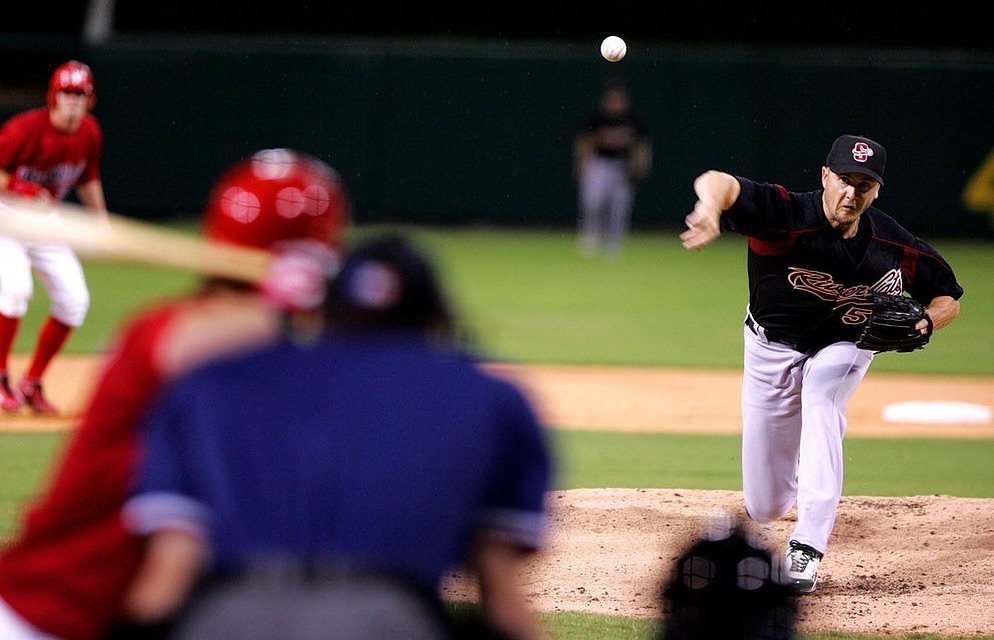 Was that I didn’t grow up sooner.
Was that I didn’t grow up sooner.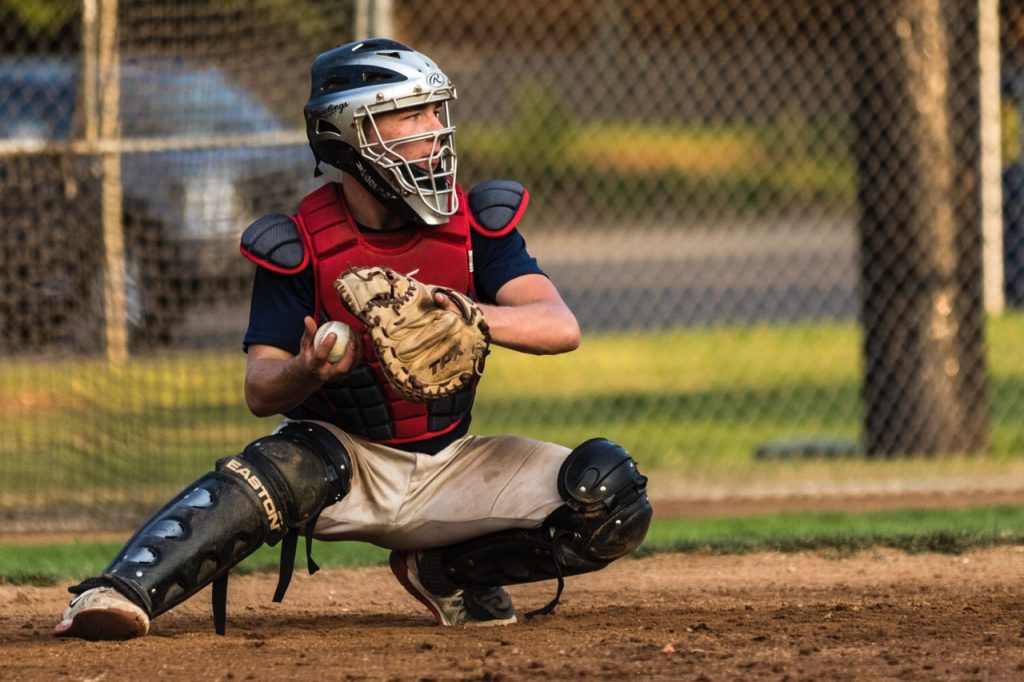
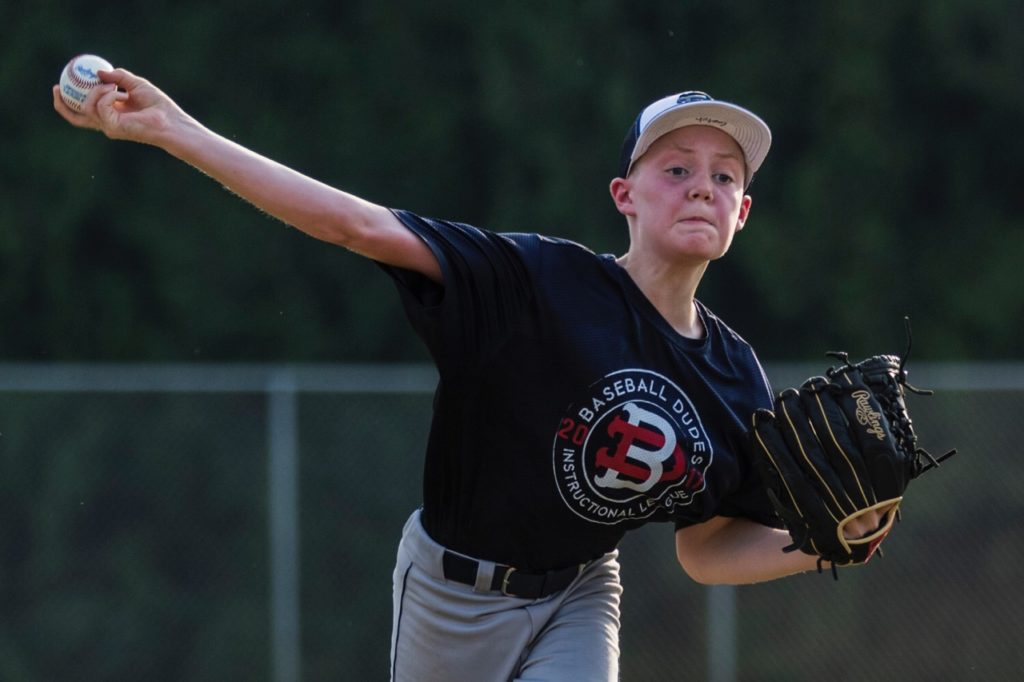 There is so much happening on every ball in play!! Most out there involved, coaches, players and parents “follow the ball” every time it’s hit unknowingly missing most of what’s happening away from the ball which is often just as important as what the players fielding the ball are doing. From backing up bases to moving to proper cut/relay positions to covering bases to infielders watching to make sure the runners are touching the bases. When done well, a team with multiple coaches and well trained players shouldn’t miss a beat. For our coaches, designate coaches on the coaching staff to specific areas. For example:
There is so much happening on every ball in play!! Most out there involved, coaches, players and parents “follow the ball” every time it’s hit unknowingly missing most of what’s happening away from the ball which is often just as important as what the players fielding the ball are doing. From backing up bases to moving to proper cut/relay positions to covering bases to infielders watching to make sure the runners are touching the bases. When done well, a team with multiple coaches and well trained players shouldn’t miss a beat. For our coaches, designate coaches on the coaching staff to specific areas. For example:
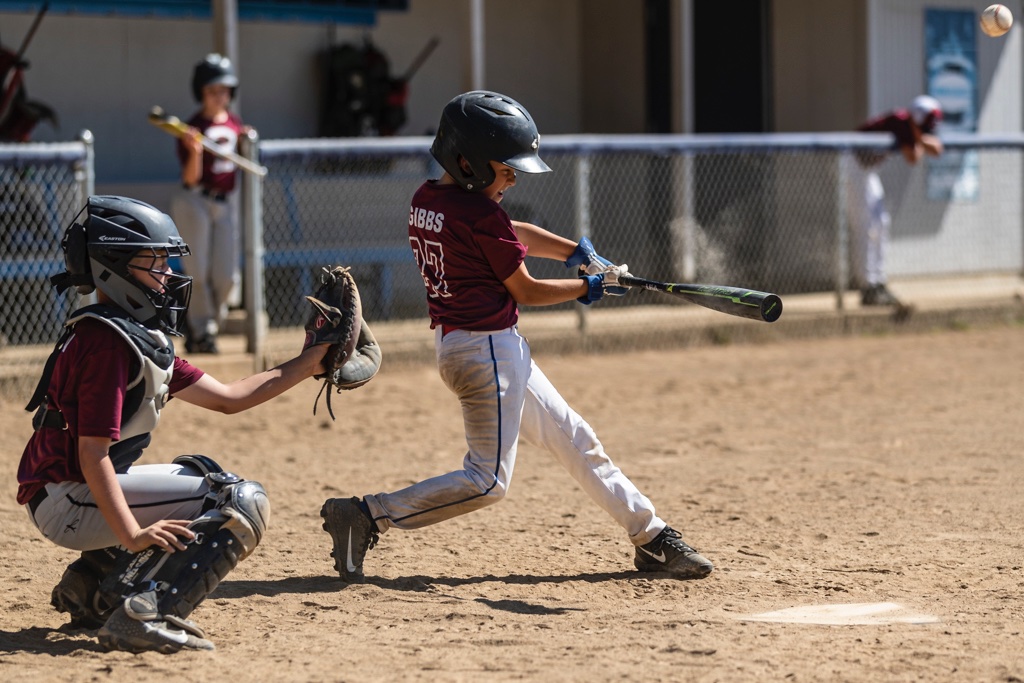 Take this for what it’s worth to you.
Take this for what it’s worth to you.